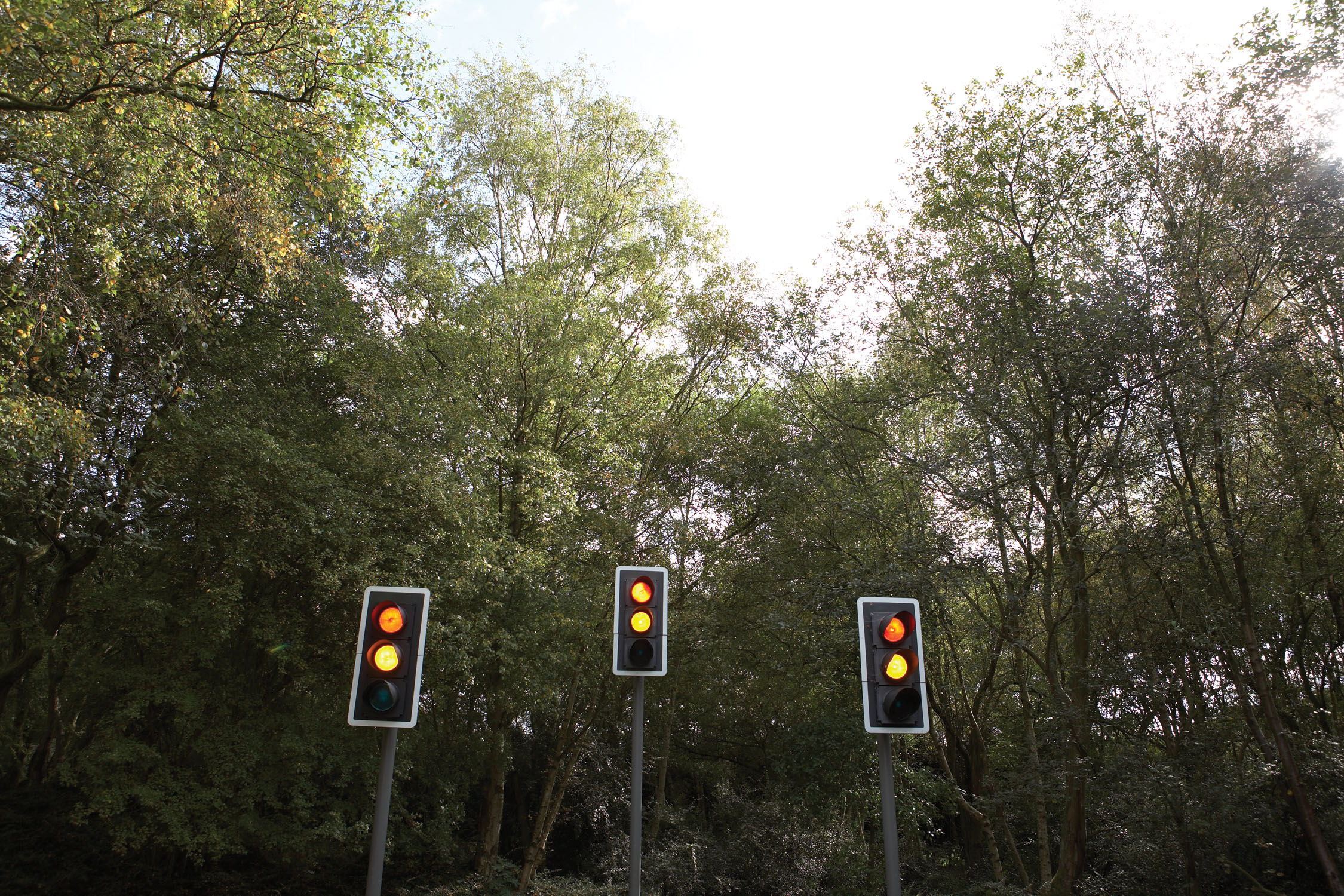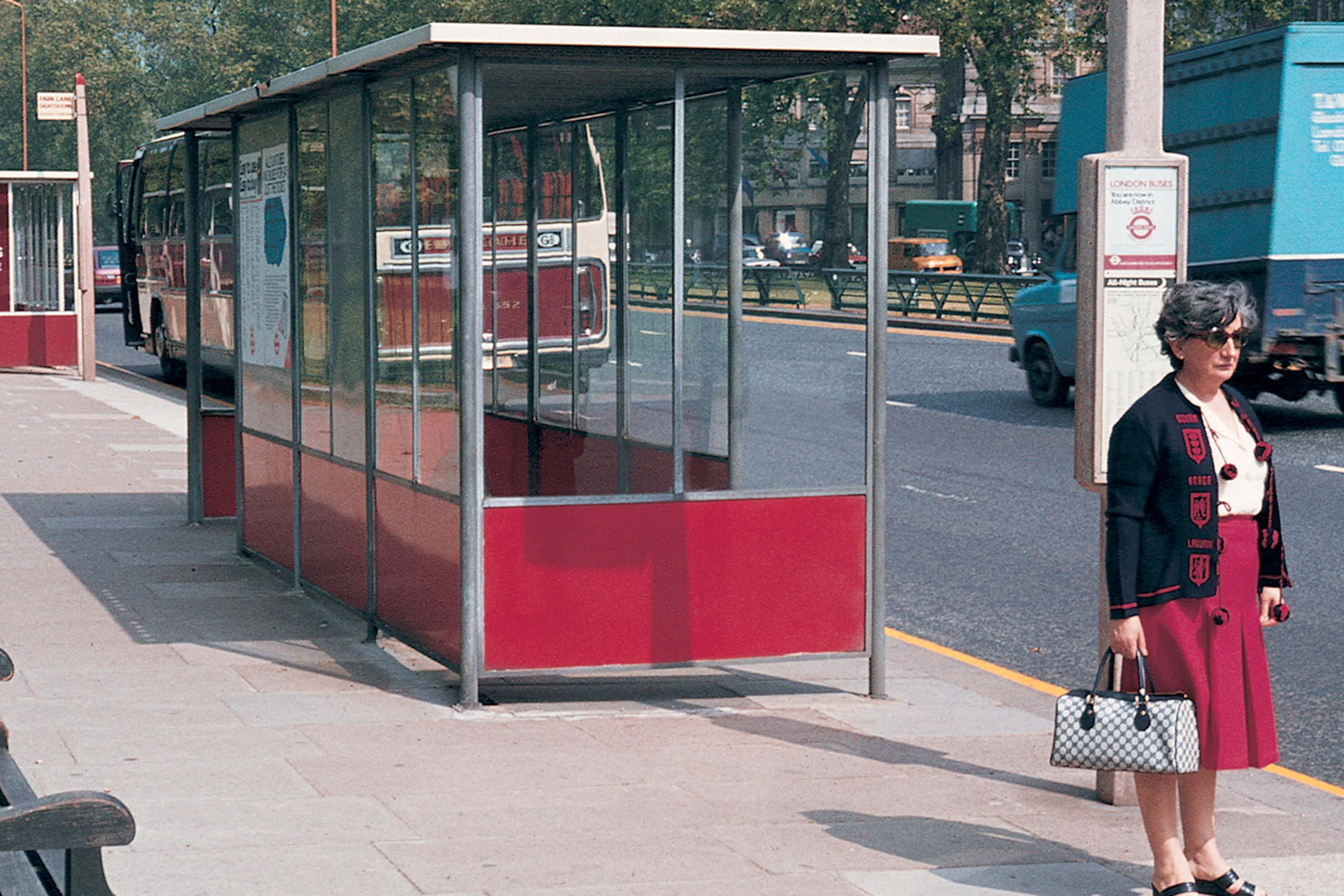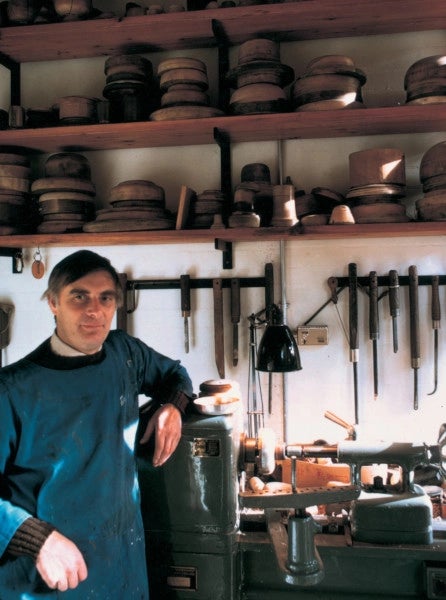Cutlery's a pretty big deal in Sheffield. Knives have been made here for at least eight hundred years. Stainless steel cutlery was born here. A Sheffield knife – or "Sheffeld thwitle" – got a mention in Chaucer’s Canterbury Tales way back in the 1300s, and workshops filled with little mesters and buffer girls lined the city's streets till well into the 20th century. In the past hundred years, few have played so essential a role in keeping cutlery important to Sheffield than designer and craftsperson David Mellor (1930-2009). Mellor reinterpreted the city's tradition for the design-conscious modern-lovers of post-war Britain, earning himself the nickname of Cutlery King along the way.
It wasn’t only his meticulous attention to detail and precision that set David Mellor apart from his peers but his conviction that design ought to be for social benefit, not just for profit. Driving him throughout his career was the aim of changing Britain’s visual culture for the better. David’s son, Corin Mellor, who became creative director of David Mellor Design in 2002, sees his father as having achieved this aim in two ways: "the first being in the products he designed that people used – the government-commissioned Thrift cutlery, for example, which was used extensively in hospitals, prisons, and the national railways. The second was in his influence on other designers, which, it could be argued, has had an even bigger impact on Britain’s visual culture".
By the mid-1960s David had been elected a Royal Designer for Industry and mass production had brought his knives and forks to dinner tables all over the country. His first popular range of cutlery, Symbol, recently celebrated its fiftieth anniversary in a retrospective exhibition at Sheffield Institute of Arts. Yet while David Mellor was becoming quite the household name thanks to his cutlery, he was, at the same time, working on a series of products with purposes beyond the domestic. As well as Cutlery King, Mellor also became a master of the British street scene.
In the late 1950s and early 60s, Mellor produced a series of designs for street lamps, bus shelters, benches, and litter bins. These were the days of postwar regeneration, of housing schemes like Park Hill, and Mellor's practical but pretty designs brought the furniture of town centres across the country aesthetically in line with such modern urban developments. He also overhauled the national traffic light system in 1965; another example of that commitment to design for social good, Mellor's traffic lights made navigation much more straightforward and made the roads safer for drivers and pedestrians alike. He had less luck with his design for a square postbox, though. As practical as it was – allegedly it cut the time of a postal worker’s round in half – it turned out the British public were quite attached to the traditional, round model. The most amusing argument against Mellor's square redesign was that its sharper edges might pose a danger to passing drunks. At the David Mellor Design Museum in Hathersage visitors can now take a walk down a 1960s Mellor street scene, complete with banished postbox (take care!). Mellor approached these large public commissions with the same high visual standards as he did his ranges of cutlery, and with the same view that even the most quotidian of objects should be pleasing to look at as well as functional. Many of these products are still in use today, testament to the impact of this prioritising of public welfare.










